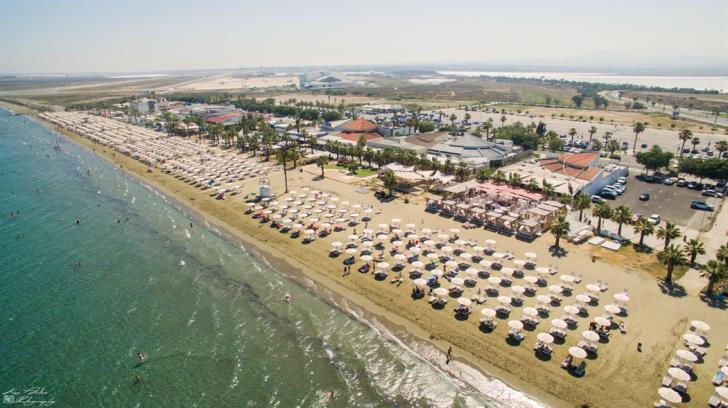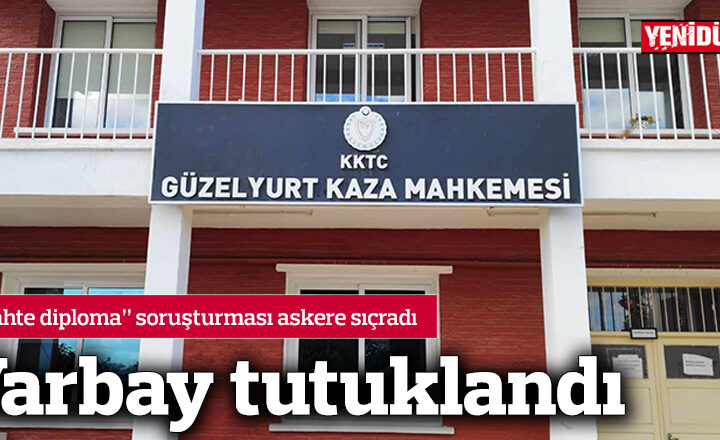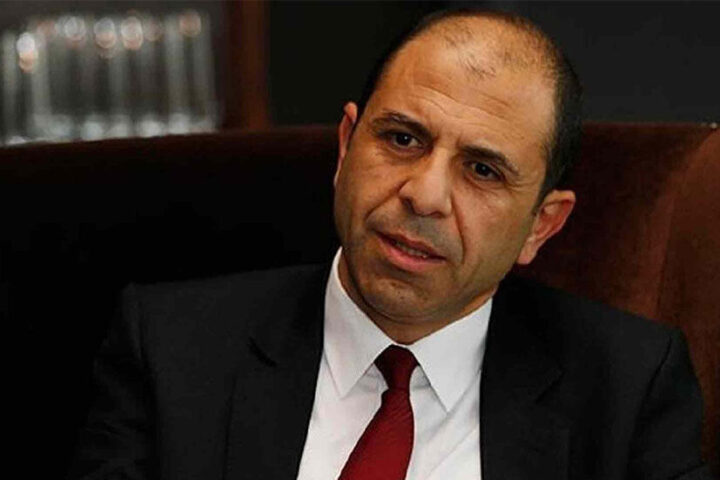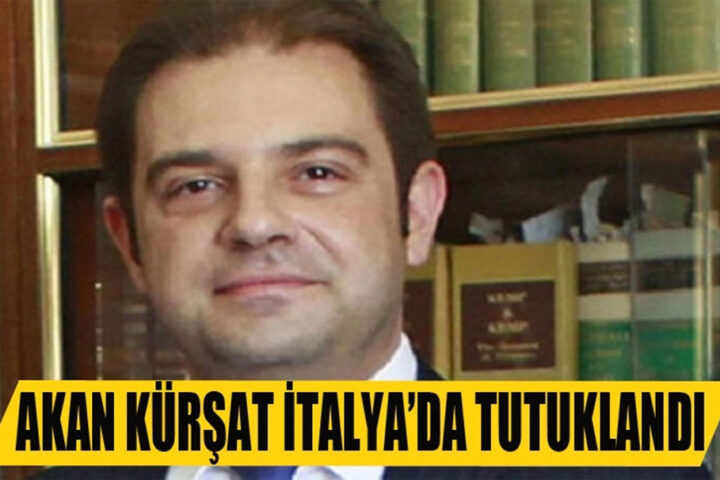Measures to end the mismanagement of Turkish Cypriot properties were announced by the Interior Ministry on Monday following mounting claims of abuse, costing the state millions.
The ministry announced the measures following a meeting of the Advisory Committee for the Management of Turkish Cypriot Properties to end mismanagement, which officials say costs the state about €1 mln a year.
The committee approved implementing the Action Plan for the Modernisation and More Effective Management of Properties in the popular Mackenzie area in Larnaca.
“The Ministry’s proposals aim to streamline the management of leases while freeing the Turkish Cypriot Property Management Guardian from the problematic conditions created by the long-term tolerance of legal and illegal leases and developments,” said the Interior Ministry.
The government decided to take action, reviewing rental agreements on Turkish Cypriot commercial plots, following claims that people given them were either not entitled or had not paid rent for years.
The claims involve properties in the busy tourist area of Mackenzie beach in Larnaca and Kato Paphos.
Others claimed that people given Turkish Cypriot commercial properties were paying €2,000 to the state body in rent but were subletting them for €10,000 a month.
In comments to state radio CyBC on Monday, Deputy Director of the Turkish Cypriot property service George Matthaiopoulos admitted that all 17 plots on Mackenzie beach are illegal, as they do not have rental agreements for the past two years.
“The 30-year leases expired two years ago, and re-renting to third parties (current café/restaurant owners) is also illegal (and has been all these years), while even renovations/extensions are also illegal,” said Matthaiopoulos.
He admitted the body has not been collecting rents for the past two years, with the state losing €1 mln in income.
During the 30 years, said Matthaiopoulos, many ‘owners’ were paying very low rents.
New contracts
He said the authority will enter negotiations on a one-to-one basis.
According to the approved measures, the authority will enter negotiations to renew contracts with beneficiaries entitled to be given Turkish Cypriot property.
The first criterion is that they were displaced during the 1974 Turkish invasion.
“The displaced entrepreneurs must be active in the area and have not violated terms and obligations in the context of their previous contractual relationship with the relative authority,” said the Interior Ministry.
All obligations and regulations imposed by local and state authorities must be met for leisure and hospitality businesses, such as operating and building permits.
The Interior Ministry said that all profits from renewing contractual agreements for Turkish Cypriot properties would support displaced people during the 1974 war.
The decision comes weeks after news emerged that a Turkish Cypriot with American citizenship was awarded €345,000 in compensation in June 2022 for losing access to his property while regaining ownership from the Interior Ministry.
Orhan Huseyin Dervish had initially filed a lawsuit against the Republic of Cyprus in 2013 at the Limassol District Court against the attorney general and the interior minister.
The court ordered that Dervish be paid €310,000 plus legal interest at two per cent per annum from June 22, 2022, until payment, and legal costs totalling €20,110.
The property will now be returned to Dervish, with the €345,000 compensation package approved by Parliament earlier this month.
Meanwhile, Paphos Mayor Phedonas Phedonos has also come forward with complaints about mismanagement.
He said most properties given in the late 70s and 80s, when the majority were leased, were done with political motives.
Like Mackenzie, the mayor claimed that one shop owner was paying €800 rent to the service for a Turkish Cypriot property while subletting it for €7,000.
The mayor also claimed that an individual in Paphos has a Turkish Cypriot home worth €1 mln while not being a refugee.
“There are thousands of Turkish Cypriot properties, either homes, commercial plots, or agricultural land, which have been given scandalously,” said Phedonos.










